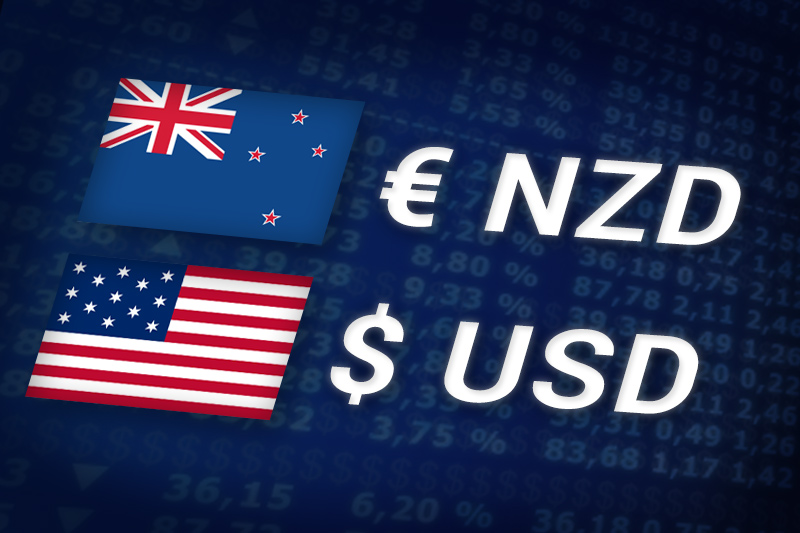Investing.com - The New Zealand dollar edged higher against its U.S. counterpart on Wednesday, but gains were capped by sustained concerns over Greece’s financial troubles despite the announcement of a new bailout deal.
NZD/USD hit 0.8354 during late Asian trade, the daily high; the pair subsequently consolidated at 0.8344, adding 0.06%.
The pair was likely to find support at 0.8294, the low of February 3 and resistance at 0.8403, the high of February 21.
Sentiment strengthened after euro zone finance ministers agreed to a EUR130 billion bailout package for Greece, early Tuesday morning.
But markets remained jittery amid concerns that a general election in Greece, which is expected to take place in April, could result in problems implementing the terms of the package.
In addition, parliaments in three countries that have been most critical of bailouts, Germany, the Netherlands and Finland, must now approve the package.
The kiwi was fractionally lower against the Australian dollar with AUD/NZD inching up 0.08%, to hit 1.0670.
Also Wednesday, official data showed that Australian wage prices rose more-than-expected in the fourth quarter, adding 1% after a 0.7% increase the previous quarter.
In a separate report, the Melbourne Institute said that its inflation gauge for Australia rose 0.5% in January after a 0.1% fall the previous month.
The data came after a report by the Conference Board showing that its leading index for Australia rose 0.2% in December after a 0.3% decline the previous month.
NZD/USD hit 0.8354 during late Asian trade, the daily high; the pair subsequently consolidated at 0.8344, adding 0.06%.
The pair was likely to find support at 0.8294, the low of February 3 and resistance at 0.8403, the high of February 21.
Sentiment strengthened after euro zone finance ministers agreed to a EUR130 billion bailout package for Greece, early Tuesday morning.
But markets remained jittery amid concerns that a general election in Greece, which is expected to take place in April, could result in problems implementing the terms of the package.
In addition, parliaments in three countries that have been most critical of bailouts, Germany, the Netherlands and Finland, must now approve the package.
The kiwi was fractionally lower against the Australian dollar with AUD/NZD inching up 0.08%, to hit 1.0670.
Also Wednesday, official data showed that Australian wage prices rose more-than-expected in the fourth quarter, adding 1% after a 0.7% increase the previous quarter.
In a separate report, the Melbourne Institute said that its inflation gauge for Australia rose 0.5% in January after a 0.1% fall the previous month.
The data came after a report by the Conference Board showing that its leading index for Australia rose 0.2% in December after a 0.3% decline the previous month.
